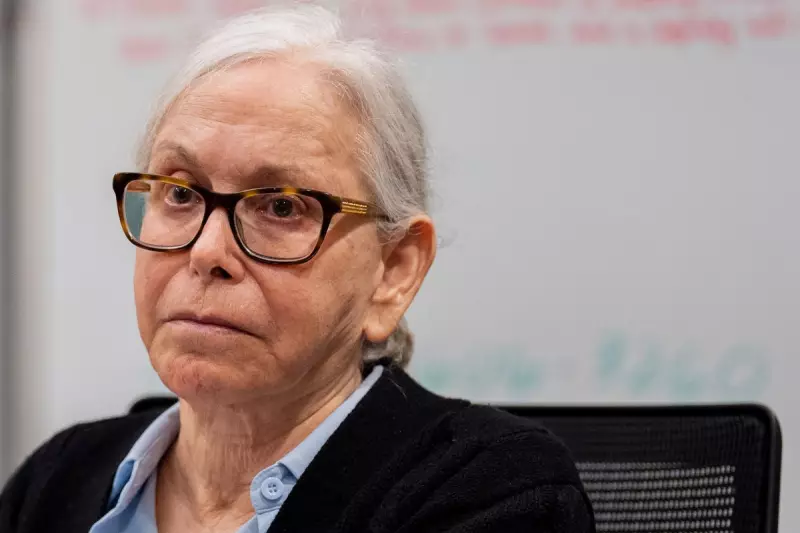
In a sweeping move that sets a new precedent for online child protection in the United States, Florida Governor Ron DeSantis has signed into law one of the nation's most stringent social media bills. The legislation, known as HB 3, takes direct aim at popular platforms like TikTok and Instagram, effectively banning their use for all children under the age of 14.
The groundbreaking law, which is poised to face significant legal challenges, represents a major escalation in the growing nationwide debate over children's online safety. It mandates strict age verification requirements for all social media platforms and empowers parents to request the deletion of their minor children's accounts.
A New Digital Frontier for Child Protection
The bill's provisions are far-reaching. For children aged 14 and 15, parental consent will be mandatory to open and maintain a social media account. The law requires platforms to terminate existing accounts held by under-14s and to use anonymous third-party services for rigorous age verification, preventing companies from storing users' personal data.
Governor DeSantis, upon signing the bill in Jacksonville, framed it as a critical measure for safeguarding childhood. "Being buried in devices all day is not the best way to grow up," he stated. "This law gives parents a greater ability to protect their children from the potential harms of the digital world."
The Impending Legal Battle
Opponents, including tech industry lobbyists and net rights groups, have fiercely criticised the legislation, labelling it an unconstitutional infringement on free speech and privacy rights. They argue it will stifle digital innovation and prevent young people from accessing valuable educational and community-building resources.
A similar law enacted in Arkansas was recently blocked by a federal judge, setting a potential precedent for the legal fight ahead in Florida. The new law is scheduled to come into effect on January 1st, 2025, pending the outcome of these almost certain court challenges.
This decisive action by Florida places it at the forefront of a contentious national movement to regulate children's access to social media, a issue that continues to divide lawmakers, tech giants, and families across America.





